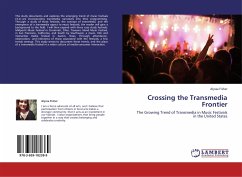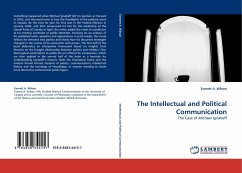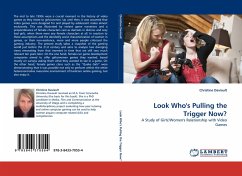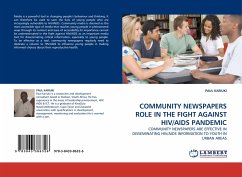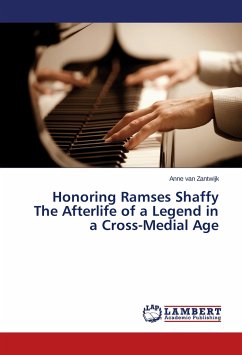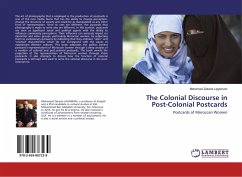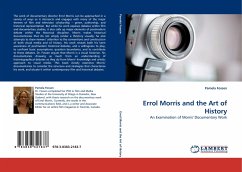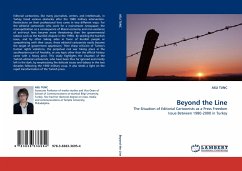
Beyond the Line
The Situation of Editorial Cartoonists as a Press Freedom Issue Between 1980-2000 in Turkey
Versandkostenfrei!
Versandfertig in 6-10 Tagen
52,99 €
inkl. MwSt.

PAYBACK Punkte
26 °P sammeln!
Editorial cartoonists, like many journalists, writers, and intellectuals, in Turkey faced various obstacles after the 1980 military intervention. Restrictions on their professional lives came in two different ways. For the editorial cartoonists who work for a mainstream newspaper, the monopolization as a consequence of liberal economy and non-existence of anti-trust laws became more threatening than the governmental taboos such as the Kurdish dispute in the 1990s. By tackling the Kurdish issue, and by often taking sides in favor of Kurdish people or sympathizing with their cause, these editori...
Editorial cartoonists, like many journalists, writers, and intellectuals, in Turkey faced various obstacles after the 1980 military intervention. Restrictions on their professional lives came in two different ways. For the editorial cartoonists who work for a mainstream newspaper, the monopolization as a consequence of liberal economy and non-existence of anti-trust laws became more threatening than the governmental taboos such as the Kurdish dispute in the 1990s. By tackling the Kurdish issue, and by often taking sides in favor of Kurdish people or sympathizing with their cause, these editorial cartoonists easily became the target of government oppression. Their sharp criticism of Turkey s human rights violations, the perpetual civil war taking place in the southeastern part of Anatolia, or any topic other than the official history came with a heavy price. This study highlights the situation of the Turkish editorial cartoonists, who have been thus far ignored and mostly left in the dark, by emphasizing the delicate issues and taboos in the two decades following the 1980 military coup. It also sheds a light on the rapid transformation of the Turkish press.



